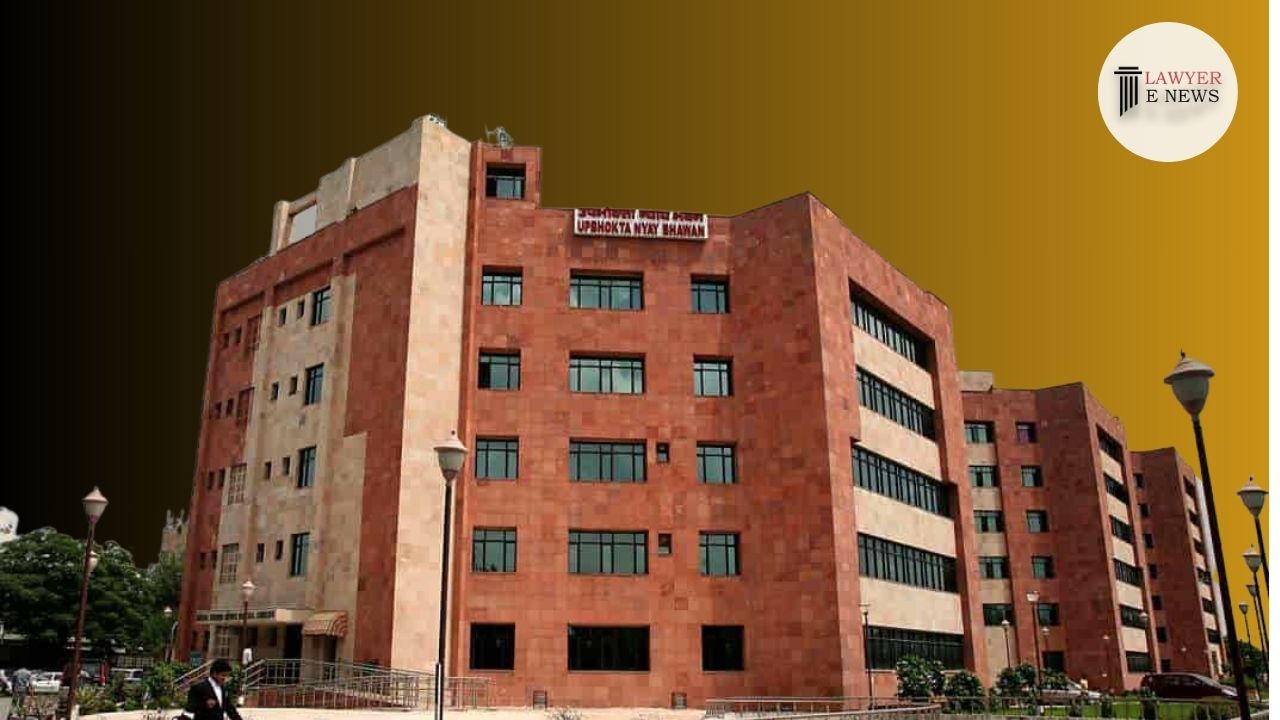-
by sayum
16 February 2026 8:46 AM



Appeal by National Insurance Company dismissed for failing to meet the statutory limitation period. In a recent judgment, the Delhi State Consumer Disputes Redressal Commission dismissed an appeal by National Insurance Company Ltd., highlighting the importance of adhering to statutory limitation periods for filing appeals. The Commission, comprising Hon’ble Justice Sangita Dhingra Sehgal (President) and Hon’ble Ms. Pinki (Member, Judicial), emphasized that procedural delays and bureaucratic inefficiencies do not constitute sufficient cause for condonation of delay under the Consumer Protection Act, 1986.
The appeal was filed by National Insurance Company Ltd. on 17th May 2024, challenging the order dated 12th March 2024 by the District Consumer Disputes Redressal Commission-V (North-West District), which had allowed a complaint by Dr. Gyan Goyal against the insurer. The appellant sought condonation of a 36-day delay in filing the appeal, citing internal procedural delays and the need for legal opinions and approvals.
The Commission noted that the statutory period for filing an appeal under Section 15 of the Consumer Protection Act, 1986, is 30 days from the date of the impugned order. The appeal was filed after a delay of 36 days, which the appellant attributed to procedural steps within the company, including obtaining legal opinions and approvals from higher authorities.
The Commission referred to precedents set by the Supreme Court to clarify the concept of 'sufficient cause.' It underscored that sufficient cause must be one that prevents the appellant from acting in a negligent manner and must show bona fide intent. The court cited "Basawaraj and Ors. vs. The Spl. Land Acquisition Officer" and "Anil Kumar Sharma vs. United Indian Insurance Co. Ltd. and Ors." to reinforce that procedural delays within an organization do not justify condonation of delay.
The Commission emphasized that government bodies and their agencies must perform their duties with diligence and commitment, as outlined in "Office of the Chief Post Master General and Ors. vs. Living Media India Ltd. and Ors." It ruled that procedural red-tape cannot be an excuse for failing to meet statutory deadlines.
The Commission concluded that the appellant failed to provide a satisfactory explanation for the delay. It highlighted that despite receiving the certified copy of the impugned order on 3rd April 2024, the appellant did not act within the permissible period, displaying a lack of urgency and due diligence. The Commission held that internal procedural delays are insufficient grounds for condoning the delay, as the Consumer Protection Act mandates strict adherence to limitation periods to ensure expeditious adjudication of consumer disputes.
Justice Sangita Dhingra Sehgal remarked, “The appellant has miserably failed to give any acceptable and cogent sufficient reasons to condone such delay. The appellant was moving at its own pace unmindful that the prescribed period to file an appeal is 30 days from the date of the impugned judgment.”
The dismissal of the appeal by the Delhi State Consumer Disputes Redressal Commission reinforces the judiciary's commitment to upholding statutory limitations and ensuring prompt resolution of consumer disputes. This judgment serves as a critical reminder for companies and government bodies to streamline their internal procedures to avoid delays in legal proceedings. The decision is expected to influence future cases, emphasizing the importance of procedural diligence and adherence to legal timelines.
Date of Decision: 05.07.2024
